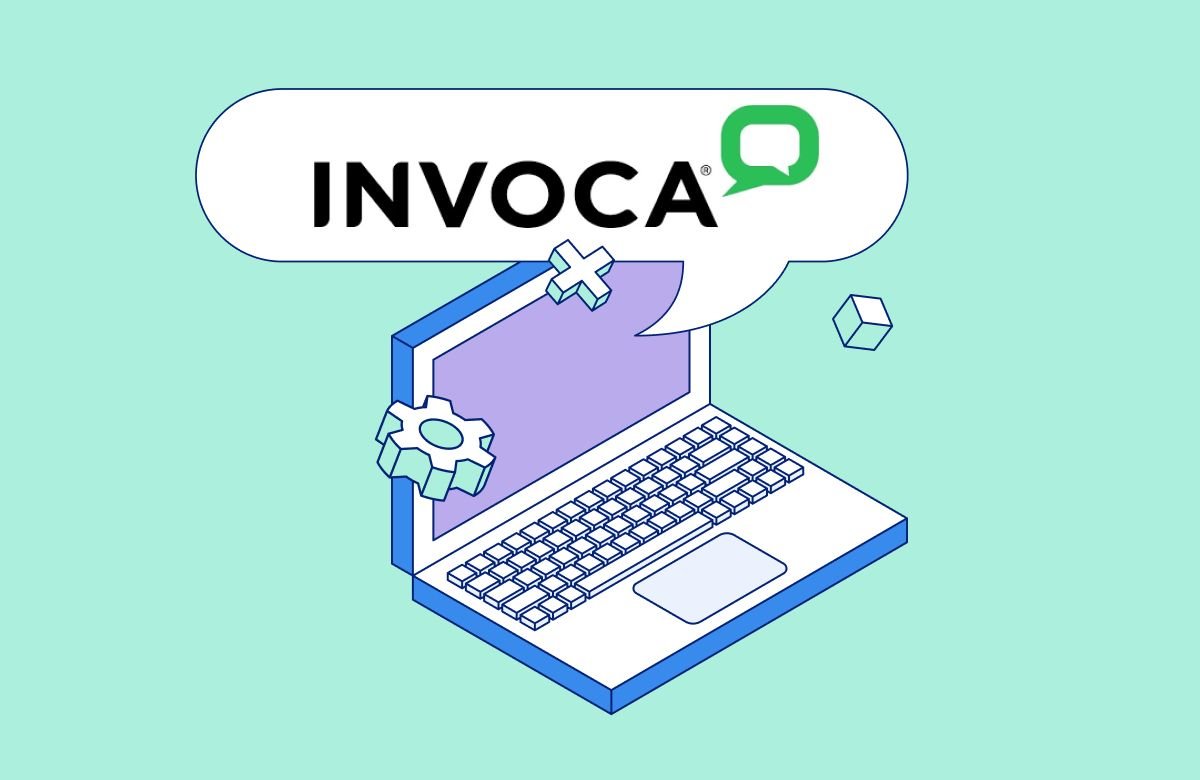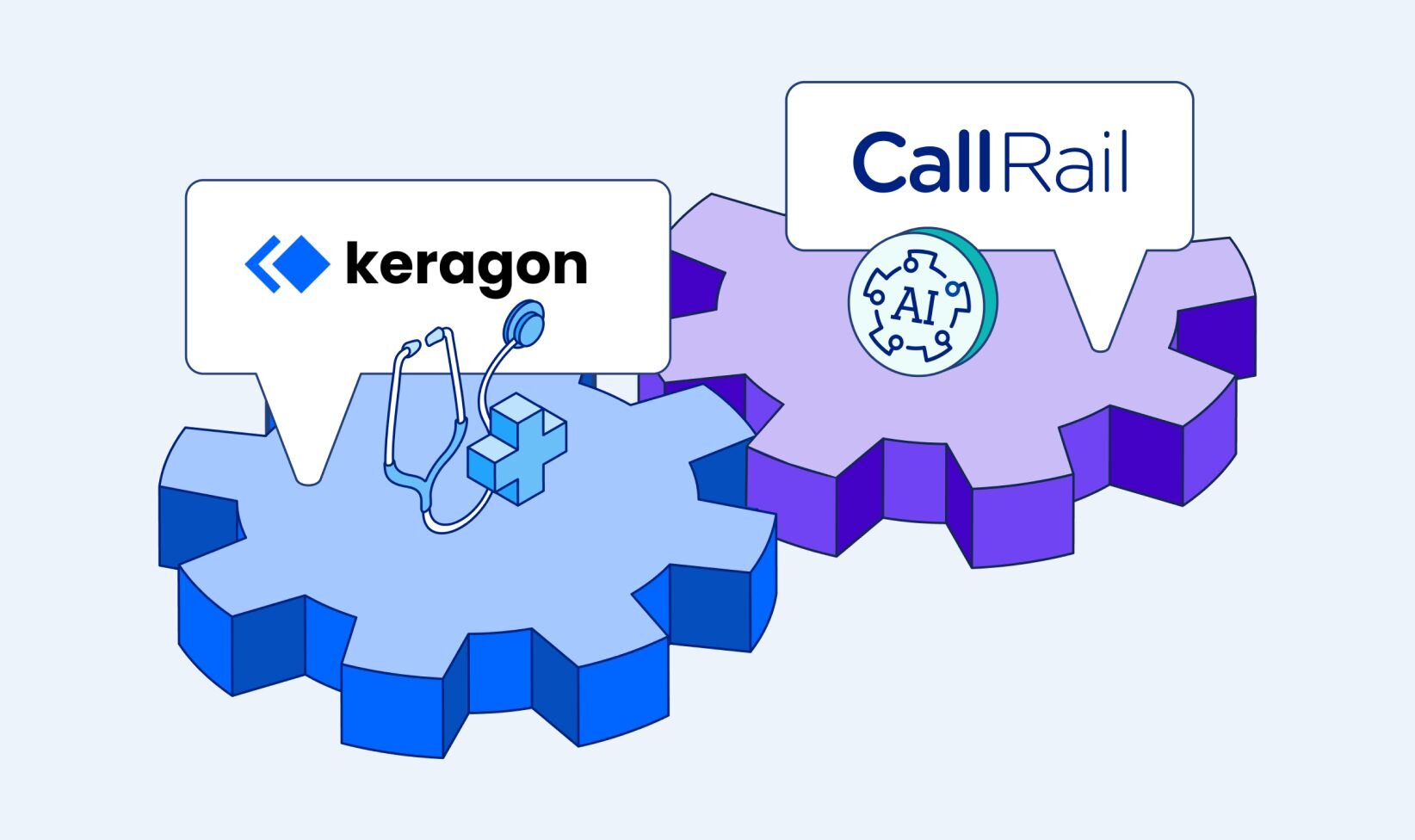Communication is the cornerstone of good customer relations. Whether you are relaying a message through written content or with a verbal communication, it is crucial that you speak in a manner that your customers can understand.
By framing your message in simple language, you are more likely to build trust and rapport with your customers. Ultimately, this trust and rapport will form the foundation for long term customer relationships that help grow your business.
While some people may consider this to be “dumbing down your vocabulary,” nothing can be farther from the truth. By speaking in simple, easy-to-understand language, you are providing an important courtesy to your customers, increasing the likelihood that they will connect with your message.
Speak Directly to Your Target Audience
Always remember that your goal is to use language that speaks directly to your target audience. In order to accomplish this goal, you must determine the shared vocabulary possessed by you and your customers. This is especially true when you possess a greater level of expertise on a subject matter than your customers. Instead of thinking that you are “dumbing down your language,” understand that you are simply striving to reduce confusion on the part of your customers.
There are several important reasons to take this approach:
Difficult language requires more intense concentration – When using highly complex vocabulary and long-winded sentences, your customers will have to concentrate much harder to understand what you are saying. In some instances, they may simply tune out. In others, they may miss the important point of your message because they are focusing too hard on individual terms. Either way, you have missed out on an opportunity to connect with the customer.
Using jargon will turn off many of your customers – Technical jargon should be avoided at all costs when talking to customers. Not only do you risk speaking in terms they don’t understand, but you may also come across as sounding pompous. In fact, according to this infographic, approximately 74% of people will think you don’t understand the meaning of your own words when you speak in jargon.
Simple words are often more effective than complex words – The term “cognitive fluency” is a psychological term associated with how easy something is to think about. Several psychological studies in the area of cognitive fluency have demonstrated that language that is easier to understand is ultimately more profitable.
Business communication is essentially the art of persuasion – Every time you speak with or write for a customer, you are ultimately trying to persuade them into carrying out your desired action. This may be to purchase your product, contact your for additional information, or join your mailing list. The harder your customers have to work to understand your message, the less likely they are to complete your desired action.
Call Recording from CallRail Can Help Improve the Way Your Employees Communicate
Do you know how effectively your employees’ language connects with your customers? CallRail’s call recording service can be a valuable tool to help you improve the quality of communication between your employees and your customers. This feature allows you to use previous calls with customers as training tools to improve future interactions. You can evaluate the language used by your employees on these calls to determine whether it is speaking directly to your target audience. If it is not, you can provide suggestions on how to more effectively get your message across in a manner that is easier to understand.











